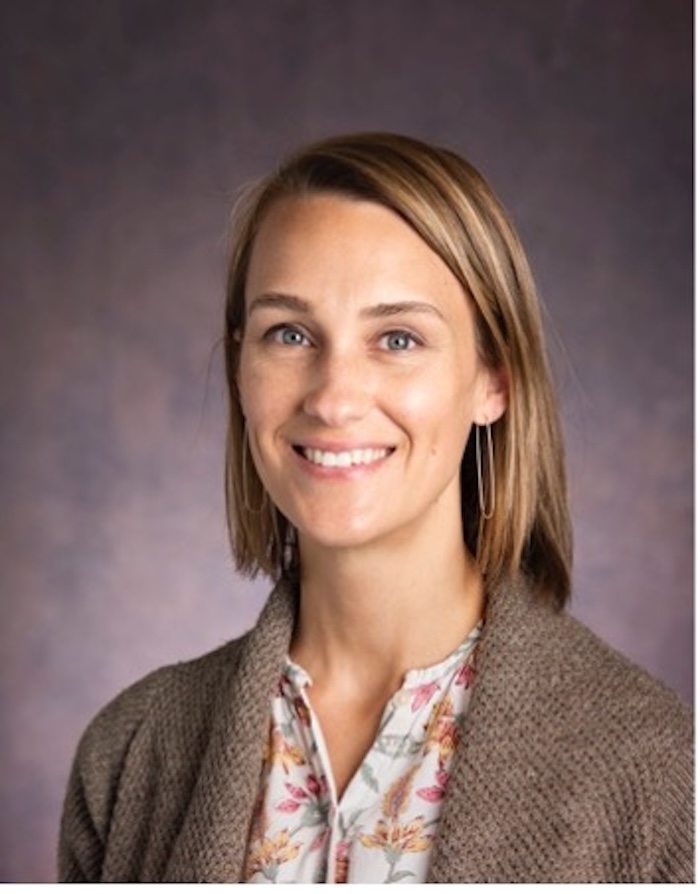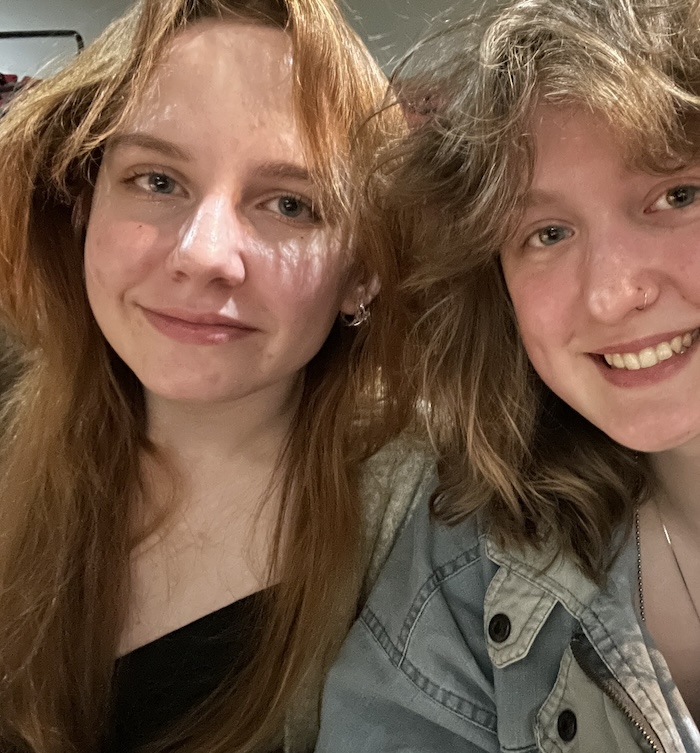
This project explores how climate change caused by anthropogenic carbon emissions has impacted industries in the Pacific Northwest, focusing on the shellfish hatchery collapse in 2007, in which oyster fisheries along the Oregon and Washington coast experienced a near-total die-off of oyster larvae as a result of acidified ocean water. Students on this project are using tools from chemistry, biology, and the humanities to develop public-facing narratives that explain the intricate relationships between human carbon emissions, ocean acidification, marine ecosystems, and the local economy.

Paige Hall is an associate professor in the department of chemistry and biochemistry at the University of Portland. In the lab, her research explores how novel nanoscale materials can be used in energy storage and conversion applications. In the classroom, Paige loves to connect chemistry concepts to big climate science problems, such as how to reduce global warming or adapt to ocean acidification.

Year: Senior
Major/minor: Biology and Psychology with a Chemistry Minor
Hometown: Albuquerque, New Mexico
Why PRF: I am interested in working on this project because I want to give back to my community by helping inform them of the detrimental effects of carbon dioxide emissions specifically focusing on ocean ecosystems. The chemistry of ocean acidification is extremely fascinating, but it is also very important for everyone to understand. I hope to use my knowledge to make the chemical processes of ocean acidification accessible to all by using different methods to explain these processes to those who do not have a chemistry or science background.

Year: Sophomore
Major/minor: Biochemistry with a minor in Neuroscience Studies
Hometown: Portland, OR
Why PRF: I'm really excited about this project because I'm interested in interacting with the ways that science can tie into communities around us. I think it's always interesting how much one thing can impact another, like the butterfly effect, especially when it comes to science and the ethics that come with it.